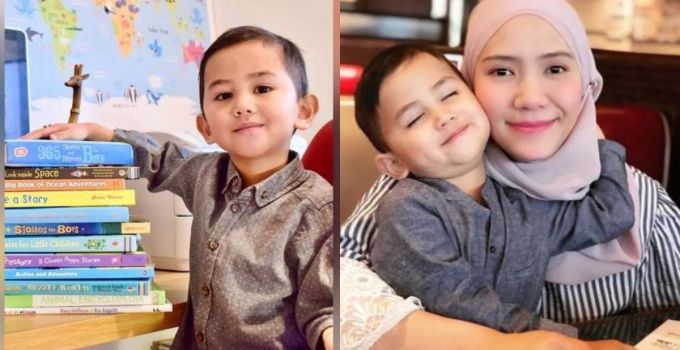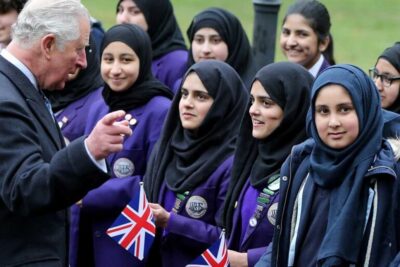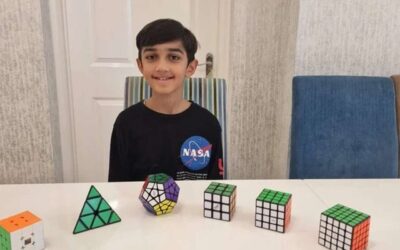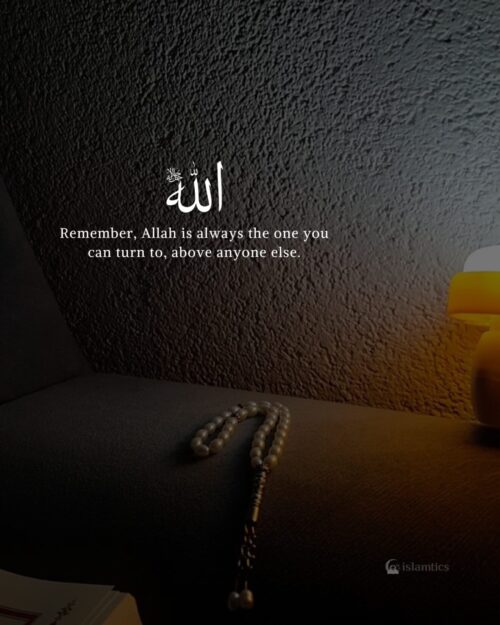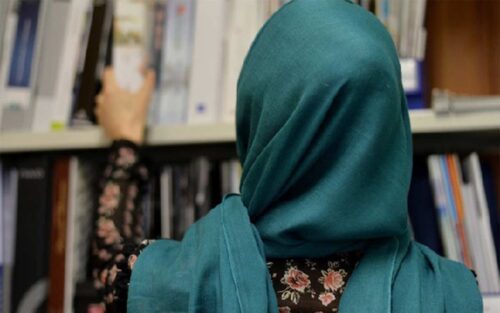A 3-year-old Malaysian boy living in the UK has become the youngest member to join Mensa UK, the largest and oldest international high IQ society in the world, Mensa officials said.
The mother of the child, Nur Anira Asyikin, told that “Muhammad Haryz Nadzim was invited to join Mensa after meeting with a psychologist and scoring 142 on the Stanford-Binet IQ test, placing him in the 99.7th percentile.”
John Stevenage, the chief executive of British Mensa was very impressed with the effort of this youngest intelligent kid. He said in a statement, “Well done to Haryz on his invitation to join Mensa. He is obviously a very bright young man and we are delighted to welcome him to Mensa.”
The supervised Mensa IQ test is designed for children and adults above 10 and a half years old. For children less than 10 years, they have to be assessed by an educational psychologist to determine their IQ score.
To become a member of British Mensa, an individual must “demonstrate an IQ in the top two percent of the population,” according to their website.
Haryz mom, an engineer living in Durham, England, says her family knew that he was special even before Mensa. At Kumon, the after school math and reading program, he was named last September to the honor roll for advanced students in both subjects. Although she refers to him as her “mini brainbox,” the little genius is a normal kid by all other standards.
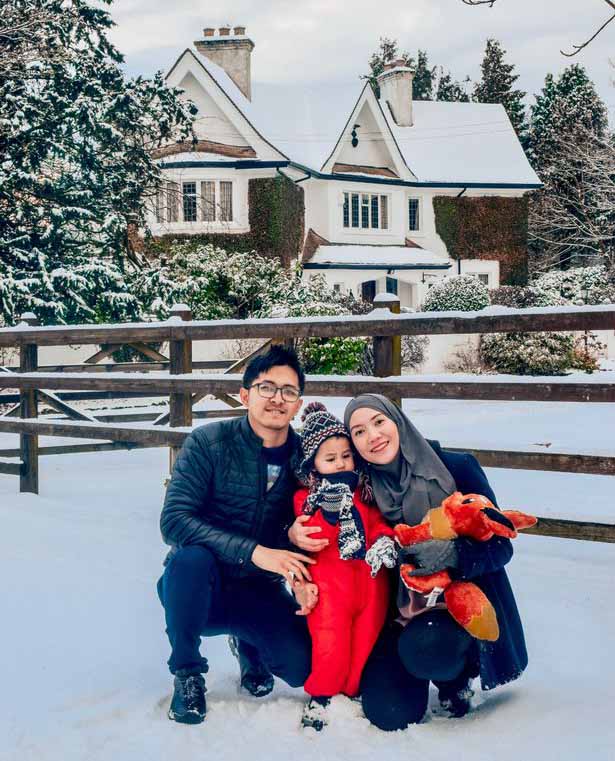
“He’s very much your typical 3-year-old,” Asyikin said. “He really loves painting and reading books, really anything arts and crafts. He loves playing with Legos and Play-Doh especially
Read : Blind 5 years old Child Memorized Quran by Listening to Radio.
“We are so proud and happy for Haryz,” She said “He’s not only good at academics, but he’s just like other children who love playing and growing up. We know he will give so much back to society in the future.”
Intelligence is a gift but it needs continuous learning and grooming. Our job as parents is to teach and train the children in spiritual, moral, emotional, social, physical, and intellectual spheres. Within each of these areas, our kids will have strengths and weaknesses. Sometimes though, when we see a significant characteristic in one area and we let the other areas lapse. But we should keep all areas in balance.


